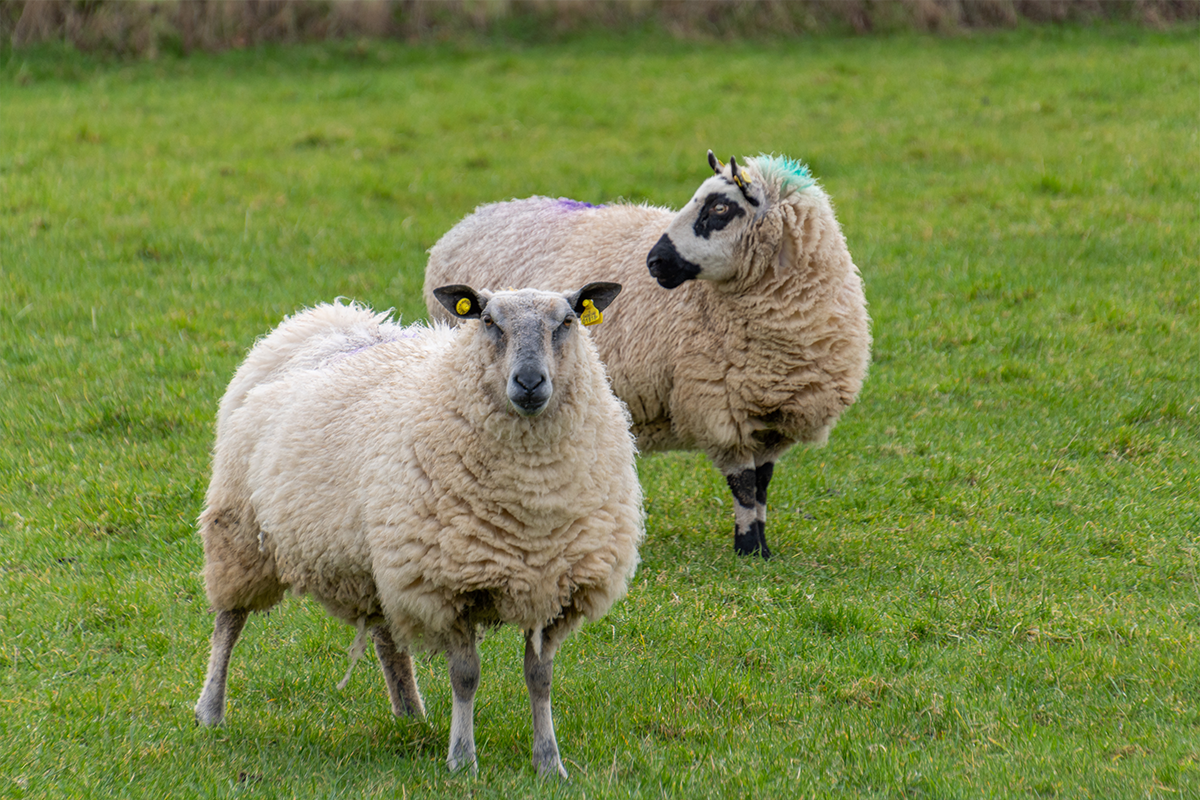Advertisement
The Human Cloning Debate
In November 2001, the American genomic company Advanced Cell Technologies (ACT) published a first report on the successful cloning of human embryos. Many suggest that ACT’s announcement was a marketing ploy, their experimental results controversial, but the company has brought us one step closer towards human cloning for better or for worse. The human cloning … Continued

In November 2001, the American genomic company Advanced Cell Technologies (ACT) published a first report on the successful cloning of human embryos. Many suggest that ACT’s announcement was a marketing ploy, their experimental results controversial, but the company has brought us one step closer towards human cloning for better or for worse.
The human cloning debate seems to centre around two types of cloning: reproductive cloning used to produce babies and therapeutic cloning used to generate cells for treating brain conditions such as Alzheimer’s or Parkinson’s disease.
ACT has publicly expressed its desire to clone human embryos as “raw material” for the development of therapies. The company’s efforts to clone human embryos for research have been received with both fierce criticism and ardent support. Despite efforts to create an ethical separation between therapeutic and reproductive human cloning the former is considered less problematic because it doesn’t lead to a whole human being fears persist that allowing therapeutic cloning will inevitably lead to an acceptance of reproductive cloning.
Ethical Questions
Many people feel that animal and human therapeutic and/or reproductive cloning are unethical practices. Generally, regulatory authorities have been critical of reproductive cloning. Few governments have laws to ban or means to control it however, but they have been less adverse to therapeutic human cloning.
In February 2002, the British House of Lords granted the Human Fertilisation and Embryology Authority (the agency set up to regulate embryo research in the United Kingdom) the authority to issue research licences. UK scientists can now obtain a licence for cloning human embryos for stem cell research.
The Canadian federal government has released a set of guidelines for stem cell research that doesn’t allow therapeutic cloning but which authorizes the use of “surplus embryos” and aborted embryos. It’s an ethical compromise between the total ban of human embryos for research and their production through cloning.
Animal Cloning Problems
Scientists are beginning to uncover problems associated with the cloning, of mammals. For instance, Dolly the sheep, the first highly publicized clone, is showing premature signs of aging. In January 2002, it was reported that Dolly had developed arthritis in her left hind leg. Since Dolly’s birth, animals such as pigs, mice, cats, cows and primates have been cloned.
Although still highly controversial, animal cloning is gaining ground as an acceptable industrial practice for pharmaceutical, environmental and other uses. Government authorities are still investigating the safety of cloned animals for use as food, and for now, no regulatory approvals have been granted in Canada and the United States.
The journal New Scientist recently reported that a Japanese study revealed that cloned animals may die young due to the genetic manipulations involved. The process may prevent embryo development, induce miscarriage or cause the death of clones shortly after their birth. Scientists reported that 83 percent of cloned mice versus 23 percent of naturally bred mice died during the same period. In addition, cloned mice presented more health problems (pneumonia, liver disease and cancer), inferring possible immune system defects.
The actual cause of these premature deaths remains to be determined. The research team suggested that the effects of cloning may be impossible to observe for days, weeks or even years after birth, raising the possibility of long-term unpredictable health problems. Those interested in cloning human beings should take note of the results of this study, the team warns.




